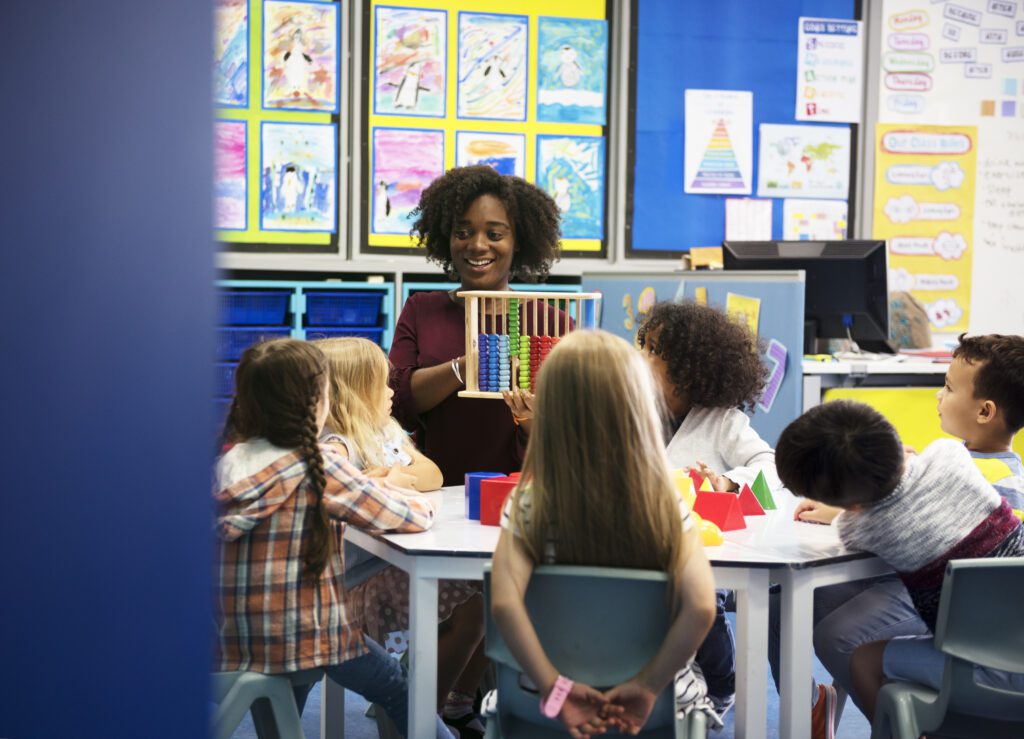While evidence is limited, suggestive studies describe multiple potential strategies that may help teachers build culturally responsive learning environments.
- Teacher professional development programs that offer concrete tasks of teaching, assessment, observation, and reflection may produce higher student test scores.
- Professional learning communities may help achieve the goals of creating more equitable and culturally responsive classrooms.
- Providing an environment that allows teachers to co-develop lesson plans may be effective in assisting teachers with building equity into their lesson plans.
- For pre-service teachers, service-learning, community engagement projects, and other immersive learning opportunities are promising approaches to training teachers to build culturally responsive classrooms.
- Training teachers to support English language learners may help build a culturally responsive classroom.
- Teachers who learn to scaffold language learning indicate they are more successful in building culturally responsive classrooms
Several studies suggest teachers want specific cultural training that will assist them in relating to their students.
- Teachers indicate they want concrete information on the cultural norms of the students they are teaching.




